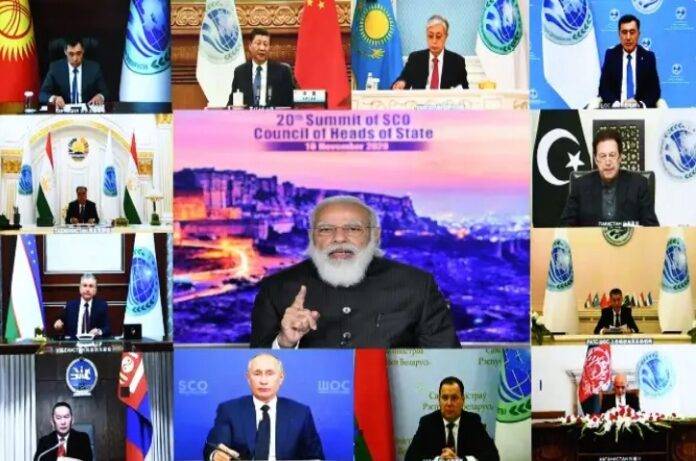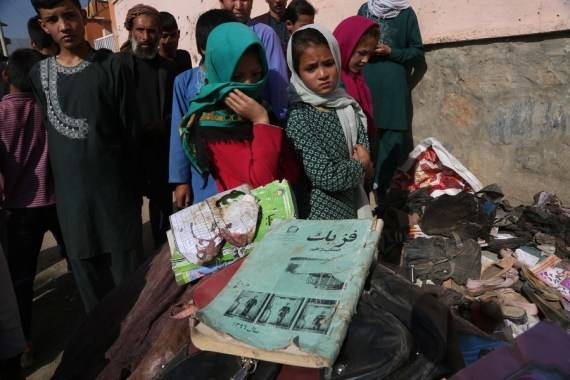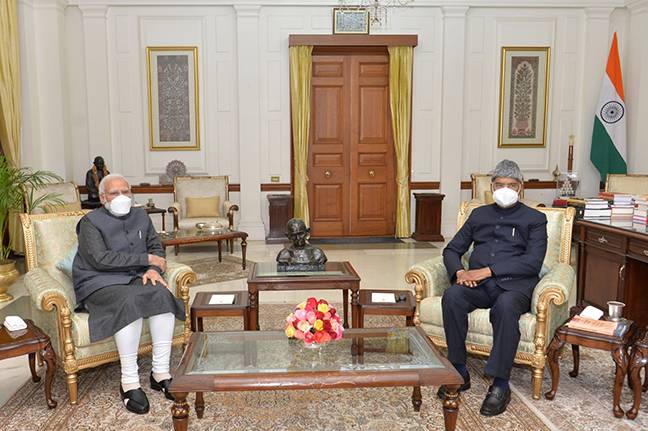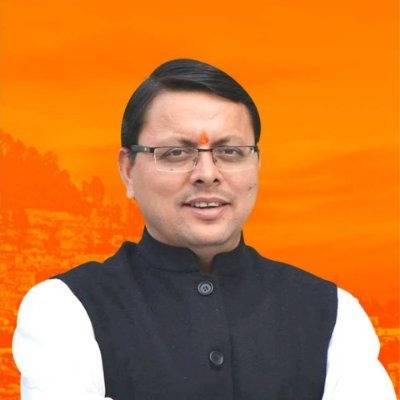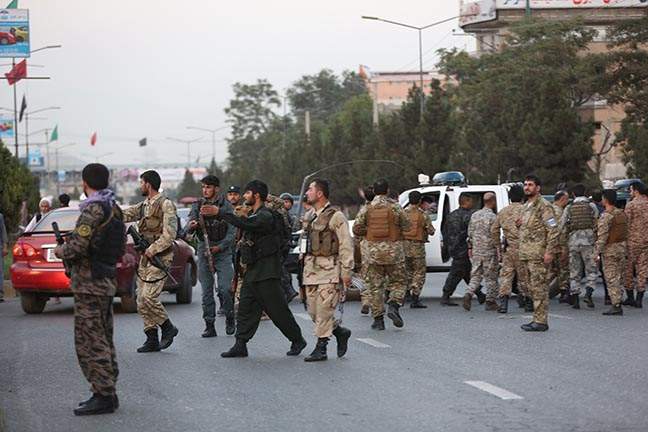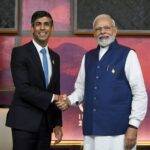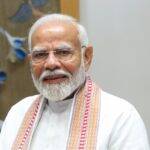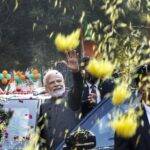New Delhi | The leader of the member and observer states is in Tajikistan for the 21st meeting of the Shanghai Cooperation Organization (SCO) Council of States, Afghanistan, which will take place in Dushanbe on Friday and Saturday. The current crisis in its observer state remains the biggest topical issue of regional and international importance for the SCO gathering, which also includes Indian Prime Minister Narendra Modi, Russian President Vladimir Putin and Chinese President Xi Jinping.
However, due to the escape of former President Ashraf Ghani from Rashtrapati Bhavan and the Taliban regime still not recognized by the world, the Afghanistan meeting that has created so much turmoil and geopolitical unrest in the region in the past few weeks. There will be no attendance.
The SCO consists of eight member countries including India, Russia, China, Kazakhstan, Tajikistan, Uzbekistan, Kyrgyzstan and Pakistan. Iran, Afghanistan, Belarus and Mongolia are the four observer states, while Azerbaijan, Armenia, Cambodia, Nepal, Turkey and Sri Lanka are the six dialogue partners.
It is not that Afghanistan was not invited to the summit. Observers have always been welcome at SCO summits. But, as revealed by Russian Foreign Minister Sergei Lavrov, it was Ghani who received the invitation to the event in good time.
But, with the capture of Kabul by the Taliban on 15 August, the situation has changed.
“The Taliban has not yet been officially recognized by any country,” Lavrov said. Contact should be maintained, but it is too early to give them official recognition.”
The Russian minister was speaking after a joint meeting of the Council of Foreign Ministers, the Council of Defense Ministers and the Committee of Secretaries of the Security Councils in Dushanbe on Wednesday.
He emphasized that no conditions were being placed on the Taliban and that they had declared their goals, including a commitment to a further struggle against terrorism and drug trafficking.
They have assured all others that they will do their best to prevent Afghanistan from posing any threat to neighboring countries. They have no intention of destabilizing neighboring states and will form an inclusive government that reflects the full spectrum of Afghan society and a political, ethnic and religious balance.
However, it was also made clear that the Taliban would have to put their words into practice before being invited to meetings of the regional grouping.
Lavrov continued, “Like most countries in the world, we have welcomed this (Taliban) approach. Right now, we are looking at how it will be put into practice. It is too early to draw any final conclusions. Our Central Asian neighbors. Contact with them on current issues including to remove any risks.”
Meanwhile, India was represented in Dushanbe by External Affairs Minister S. Jaishankar, while Prime Minister Narendra Modi will virtually address the plenary session of the summit on Friday.
In addition to the members and observers, the Secretary-General of the SCO, the Executive Director of the SCO Regional Anti-Terrorist Structure (RATS) and the President of Turkmenistan and several other invited guests will also participate in the meeting, which will be chaired by the President of Tajikistan, Emomali Rahmon.


